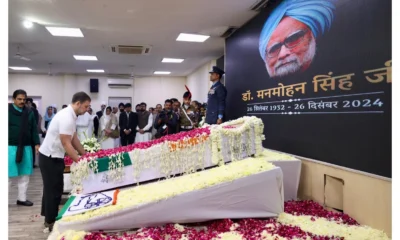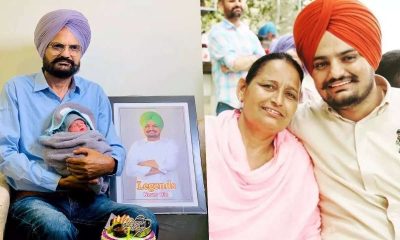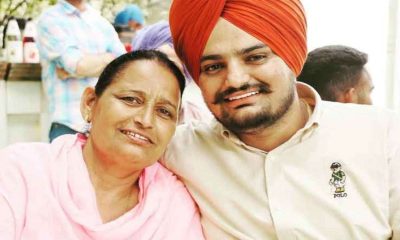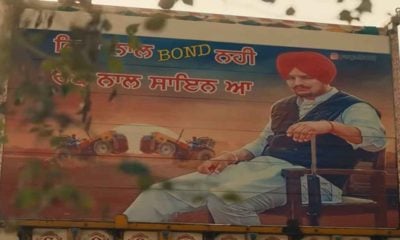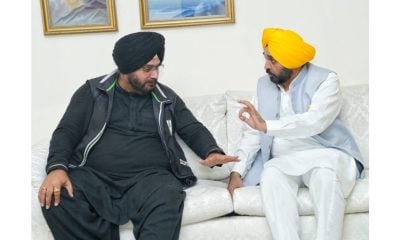Latest Politics News
Sidhu Moosewala cremated at native village, thousands pay last respects, Police lathicharge fans gathered outside singer’s residence
The post-mortem report of Sidhu Moosewala showed he received 24 bullets, mostly on his chest and abdomen.

India News
Ajit Pawar’s son seeks detailed probe into Baramati plane crash
Jay Pawar has demanded a comprehensive probe and action against the aviation firm after the Baramati plane crash that killed Ajit Pawar and four others.
India News
PM Modi sends congratulatory letter to Tarique Rahman after swearing-in
Lok Sabha Speaker Om Birla handed over Prime Minister Narendra Modi’s congratulatory letter to Bangladesh Prime Minister Tarique Rahman following his swearing-in and extended an invitation to visit India.
India News
Navjot Kaur Sidhu says Rahul Gandhi disconnected from ground realities
Navjot Kaur Sidhu criticises Rahul Gandhi after exiting Congress, alleging corruption in the Punjab unit and predicting defeat in upcoming state elections.
-

 Latest world news15 hours ago
Latest world news15 hours agoTrump says tariffs will replace income tax, criticises Supreme Court setback in key address
-

 Latest world news14 hours ago
Latest world news14 hours agoPM Modi to begin two-day Israel visit, defence and trade in focus
-

 Latest world news15 hours ago
Latest world news15 hours agoTrump repeats claim of averting India-Pakistan nuclear war during Operation Sindoor
-

 India News14 hours ago
India News14 hours agoShashi Tharoor questions Centre over Kerala name change to Keralam
-

 India News5 hours ago
India News5 hours agoMK Stalin predicts frequent PM Modi visits to Tamil Nadu before assembly election
-

 Latest world news5 hours ago
Latest world news5 hours agoIndia eyes Rs 8,000 crore mid-air refuelling aircraft deal as PM Modi begins Israel visit

